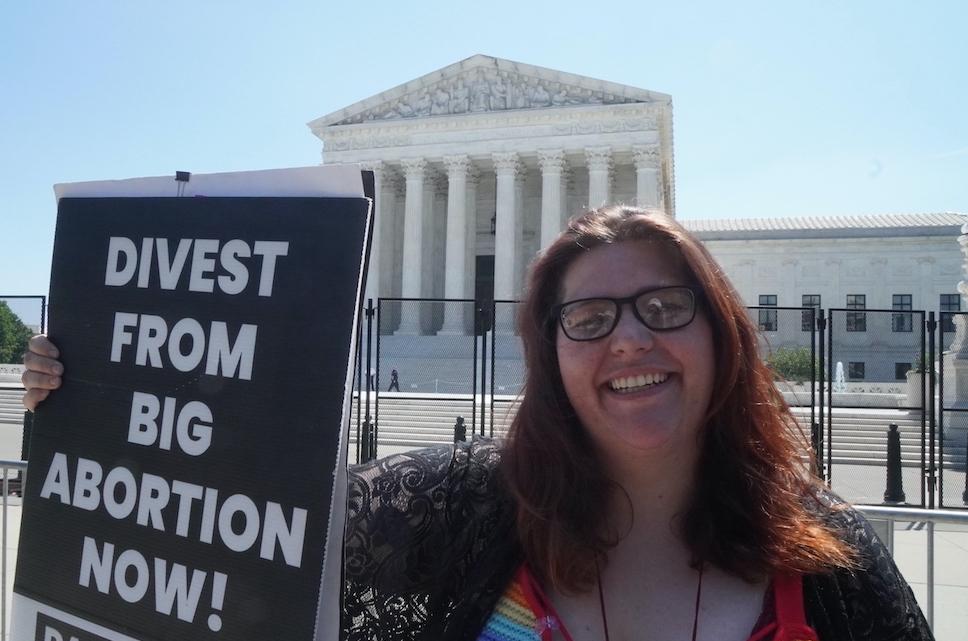A federal appeals court has denied pro-life campaigner Lauren Handy’s emergency motion to be released from custody pending her appeal.
Lawyers for Ms. Handy, who was jailed over a Washington abortion clinic protest, previously filed an emergency appeal seeking her release, arguing that the trial judge was wrong to rule that the disruptive political protest in which she was involved was a “crime of violence.”





